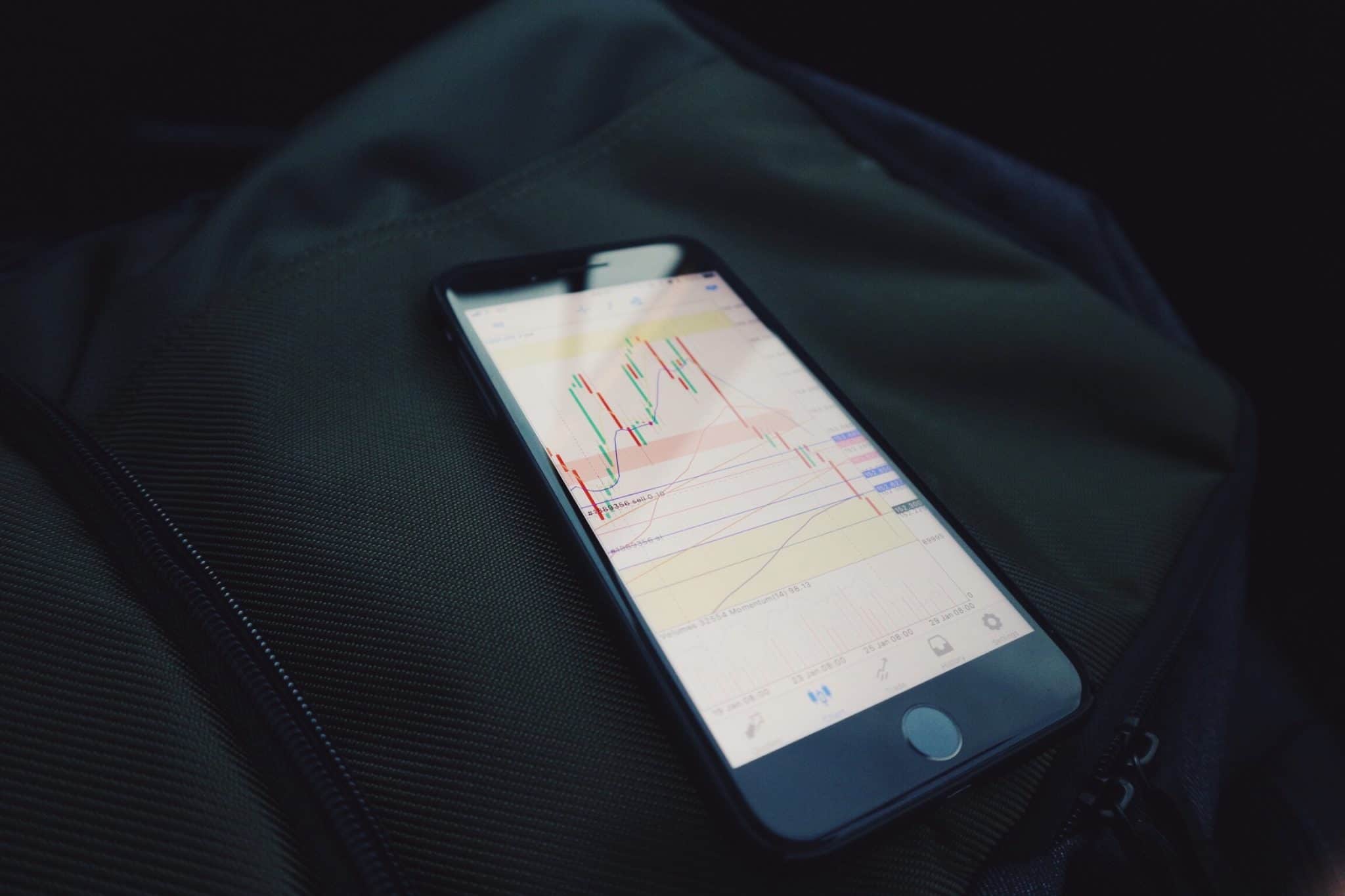All the debt-free UK and US Stocks | Islamic Finance Guru

5 min read
Published:
Updated:

Ibrahim Khan
Co-founder
As you all know we’re big fans of Muslims investing their money rather than letting inflation erode it. Here’s a video we did on the many reasons why.
Many of you will know that we launched our inaugural course – Screening for Halal Stocks – earlier this year. But as part of the development for that course one of the most morally and conceptually challenging themes I struggled with was the debt-to-asset ratio threshold being set at 33%. Let me give you some background to explain.
Most Islamic scholars allow interest-bearing debt to be taken out by a company up to 33% of its total assets and have given fatwas along those lines. The arguments are that (a) it is a necessity to allow some debt-taking companies otherwise Muslims wouldn’t be able to invest in stocks and shares and thus effectively save; (b) 33% is the maximum that can be allowed because of certain hadith that mention that “one-third is a lot”; and (c) there is a fiqhi principle that the majority of a thing supersedes the minority of a thing when it comes to giving fatawa.
All of these arguments can, and do, come under sustained attack. Ultimately though, I believe argument (a) holds some convincing power. But it would only hold this convincing power if it was very difficult, if not impossible, to invest in only those stocks that do not have any debt and construct a well-balanced and profitable portfolio.
Because ideally – you want to invest your money in halal sectors in companies that don’t have interest-bearing loans. But is that actually practically and commercially viable?
So, in conjunction with a kind friend at a City M&A advisory firm, we have actually carried out a basic analysis to address that question. And the results of this screen are quite stunning – this list massively outperformed the market over the last 3 years.
Download the exclusive list of debt-free companies in the UK & US now
We have screened out all the potentially haram sectors (we’ve been overly cautious so there may actually be a few more companies).
Analysis of performance of the zero-debt companies
What I found absolutely fascinating was the constituents of this list:
| Sector | # companies |
| Biotechnology | 155 |
| Medical Specialties | 67 |
| Packaged Software | 55 |
| Oil & Gas Production | 54 |
| Pharmaceuticals: Major | 52 |
| Information Technology Services | 36 |
| Pharmaceuticals: Other | 33 |
| Precious Metals | 31 |
| Miscellaneous Commercial Services | 30 |
| Internet Software/Services | 27 |
| Other Metals/Minerals | 23 |
| Electronic Equipment/Instruments | 16 |
| Real Estate Development | 15 |
| Electronic Components | 14 |
| Other Consumer Services | 13 |
| Industrial Machinery | 12 |
| Apparel/Footwear Retail | 12 |
| Semiconductors | 12 |
| Telecommunications Equipment | 11 |
| Wholesale Distributors | 11 |
| Other | 260 |
| Total | 939 |
There are a huge number of bio tech, medical and technology companies dominating the top half of this list. This makes sense given these companies often prefer to raise equity rather than debt – and often – given the speculative nature of their business – struggle to get any debt.This is a warning sign though. Because anyone who invested in all of these companies would be investing in a very concentrated portfolio focused on tech and medicine. A hit to those sectors would materially impact such a portfolio.
Of some comfort though is the fact that there are a surprising number of larger companies in this list of 939 companies. There are a number of $5bn+ companies in here to choose from as well.
| Size brackets (market cap $M) | # companies |
| 0 – 25 | 247 |
| 25 – 100 | 200 |
| 100 – 500 | 232 |
| 500 – 1,000 | 89 |
| 1,000 – 5,000 | 128 |
| 5,000 + | 43 |
| Total | 939 |
If one were to invest according to the weight of the market cap relative to the overall market cap of the entire list (i.e. a market-cap weighted average of individual company returns), and where dividends are automatically reinvested every year, this basket of stocks outperformed the FTSE All Share and S&P 500 by a remarkable amount. Over three years such a portfolio would have risen by 116.4% relative to the 36.8% or 6.5% of the wider market.
| Last 1 Y | Last 3 Y | |
| S&P 500 | 6.7% | 36.8% |
| FTSE All Share | (4.9%) | 6.5% |
| Filtered companies | 29.1% | 116.4% |
By any reckoning that is a phenomenal return. However, a note of caution before you all go piling into this list of stocks: we have had a strong bull run for the last 5 years and in bull runs, tech and medical companies such as the ones in this basket of stocks, tend to do very well. In bear markets (when markets decline) they are often the worst hit as well.
These companies are also not your classic income generator that you should have in your retirement portfolio, with low dividend yields (0.7% on average). They are very much growth stocks and quite expensively priced as can be seen below:
| EV / EBITDA +1Y | P/E + 1Y | Dividend Yield | |
| S&P 500 | 11.7x | 16.8x | 1.9% |
| FTSE All Share | 7.8x | 12.7x | 4.3% |
| Filtered companies | 38.7x | 49.2x | 0.7% |
Fiqhi analysis
That there isn’t an obvious Qur’an or hadith basis for the 33% figure means there is room for maneuver depending on the facts of the world around us. Ijma’ and qiyas of scholars can change as the facts of a matter change.
The debt-free basket of stocks has clearly done superbly well over the bull market, but it is yet to be seen how things pan out in the next few years when it is anticipated markets will level off and, potentially, start declining from their current highpoint. In a future article we will inshallah potentially explore these lines of analysis as well by projecting backwards over past bear markets/recessions.
The other pressure point is dividend-yielding stocks. Muslims need to have a sufficient universe of such stocks to pick from. In the current list there were 64 companies with dividend yields ranging between 26% and 4%. A lot of these companies are US companies too. This does not strike me a wide enough pool to choose from (bearing in mind that a commercial analysis hasn’t been done on any of these companies and 60 of the 64 may be about to go bust, for example.)
My current view therefore remains that a 33% debt-to-asset ratio is acceptable due to necessity. However, it is a less firmly held view. If backward projection ends up showing that these zero-debt companies fare well through bear markets and busts, and risk analysis shows that the additional risk borne by holders of this zero-debt basket (that is quite concentrated in a few sectors) is acceptable (e.g. it is roughly equal to a medium-risk portfolio), then I think my view will change.
Conclusions
This is an issue that can potentially have significant repercussions on the way the industry is set up and the debate on this will benefit from the views of other professional in the field, as well as everyday Muslim investors who have looked into this area. So please do voice your opinions in the comments below. That will only enrich the discourse for everyone.
Finally, do check out our latest course – Halal Investing for Busy Professionals – for our analysis of the world of halal investing out there today as well as the Halal Investment Comparison Engine which allows you to easily compare between the halal investing options!
Related Articles
View all
Can I enter into a contract with haram clauses?
29 September 2023 7 min read

5 Reasons Why Your Rizq Isn’t Increasing
10 August 2023 4 min read

